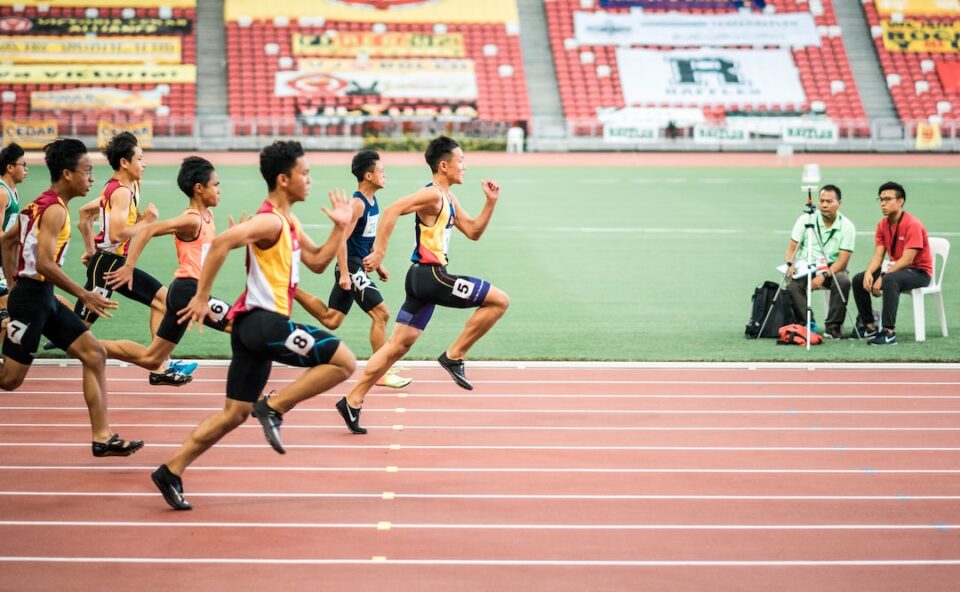Improving Agility and Quickness: Drills for Athletes
Agility and quickness are key attributes that can make a world of difference for athletes across various sports. Whether you’re a soccer player, basketball player, or track athlete, the ability to change direction quickly and move explosively can give you the edge over your opponents. Fortunately, there are several drills that can help improve these skills. In this blog post, we will explore some of the most effective training exercises to enhance agility and quickness.
1. Shuttle Runs:
Shuttle runs are a classic drill that can significantly improve your agility and quickness. Set up several cones or markers in a straight line, about 5 yards apart. Start at one end and sprint to the first marker, touch it, then quickly reverse and sprint back to the starting point. Repeat this process for a set number of repetitions or time intervals. This drill helps to develop acceleration, deceleration, and change of direction skills.
2. Ladder Drills:
Using an agility ladder is an excellent way to improve footwork, speed, and coordination. There are various ladder drills you can perform, such as the quick feet drill, in which you rapidly step in and out of each ladder square, or the lateral shuffle, where you move sideways through the ladder. Practice these drills regularly to enhance your foot speed and agility.
3. Cone Drills:
Cone drills are another effective way to improve agility and quickness. Place cones in different patterns, such as the T-drill or the star drill, and move through them quickly with precise footwork. These drills help teach athletes to make quick and sharp movements, improving their ability to change direction rapidly.
4. Plyometric Exercises:
Plyometric exercises involve explosive movements that enhance power and quickness. Some examples include box jumps, squat jumps, and lateral bounds. Incorporate these exercises into your training routine to improve your ability to generate force and move explosively.
5. Reaction Drills:
Enhancing your reaction time is crucial for improving agility and quickness. Reaction drills involve responding quickly to a stimulus, such as a visual or auditory cue. One example is the “mirror drill,” where a partner stands in front of you and performs random movements. Your goal is to mirror their actions as quickly as possible. This drill improves reaction time and agility.
6. Dot Drills:
Dot drills are great for improving quickness, balance, and coordination. Draw or tape a series of dots on the ground in random patterns. Using both feet, jump from dot to dot as quickly as possible, ensuring you maintain balance throughout. This exercise challenges your ability to make rapid changes in direction and develop foot speed.
7. Resistance Training:
Incorporating resistance training into your agility and quickness workouts can further enhance your performance. Utilizing resistance bands or training with a weighted sled can increase resistance while performing drills such as shuttle runs or ladder drills. This added resistance forces your muscles to work harder, leading to increased power and speed.
Remember, consistency and proper form are crucial when performing these drills. Start with a moderate level of difficulty and gradually increase the intensity as you progress. It’s essential to warm up before each session and stretch afterward to prevent injuries.
In conclusion, improving agility and quickness is vital for athletes across different sports. By incorporating drills such as shuttle runs, ladder drills, cone drills, plyometric exercises, reaction drills, dot drills, and resistance training, you can enhance your ability to change direction rapidly, move explosively, and gain an edge over your opponents. So, dedicate time to these drills, stay consistent, and watch your agility and quickness soar to new heights!

